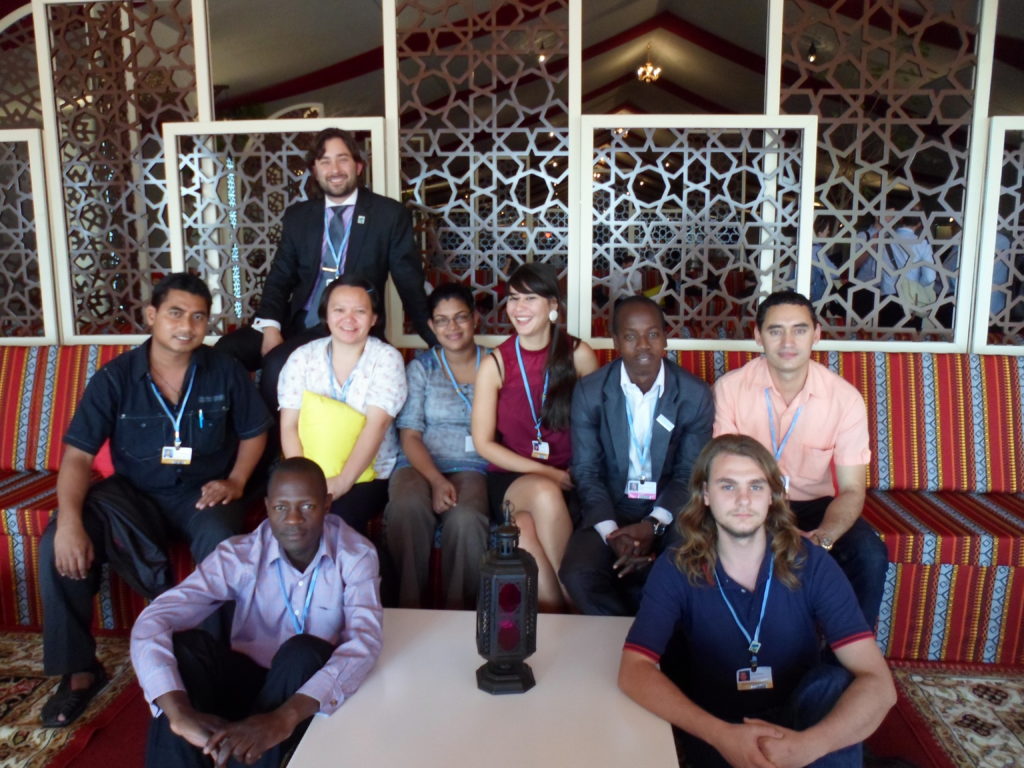CAN’s Leadership Development Programme and Its relevance to the South
19 June 2013

Sixbert Simon Mwanga
Climate Action Network-Tanzania
Yes, it is true that CAN is the largest and most vibrant network in the world working on climate change. Members of the Network work closely to address the causes and harmful impacts of climate change. About 850 NGOs invigolate CAN’s coordination in more than 90 countries of the earth with varying levels of development and diffuse geographical locations.
CAN uses multi-dimensional approaches to address the catastrophe of climate change in different parts of the world. No doubt, different regions of the world are affected differently and the level of impacts differ much from one region to another. Hence, “no one size fits all.” To respond to and fill the knowledge gap in the South, CAN has been undertaking both short and long term training to its members especially from the global south.
In 2012, CAN initiated the Leadership Development Programme. 8 Fellows were selected from 8 countries of the world. From Tanzania I was selected to join other fellows.
The usefulness of the programme to the South
The main challenge of the south is the knowledge gap on what is going on at the global level in terms of science, UNFCCC discussions, decisions and their implications to the south. This programme comes with unique opportunity to bridge that gap as it involves training of the Fellows on the UNFCCC processes, its decissions and their implications to a given region or country. This also gives Fellows confidence to communicate relevant decisions made to the local media and community of the participant’s region or country.
The programme has helped to create a sense of awareness as to what the science says and its meaning at local levels. LDP Fellows are given unique opportunity to interact with recent scientific reports and scientists who are normally available at UNFCCC workshops to dissermination their findings. These kinds of information and interactions are important to the south as they give confidence to the Fellows and the Fellows can then inform the public and recommend appropriate action.
The project also builds capacity to engage delegates and undertake meetings with country delegations during the UNFCCC discussions and decisions. This provides good opportunities for representing public concerns. It might be hard to believe but it is true that most of the UNFCCC delegates from the south have limited understanding of what is happening at the ground. The reason is that some of the delegates are living in towns and are fully engaged in other activities at their offices.
It is undoubtedly true that the programme is costlly. However, the harmful impacts of climate change are already beyond the means for mitigation and adapatation in the south. Furthermore, when aid is given through one window, it seems as if half of it is always taken back via another. So thanks to CAN for investing in bridging the knowledge gap between leadership capacity, UNFCCC discussions, decisisions, climate science and the best ways to communicate them at local levels for informed actions.

